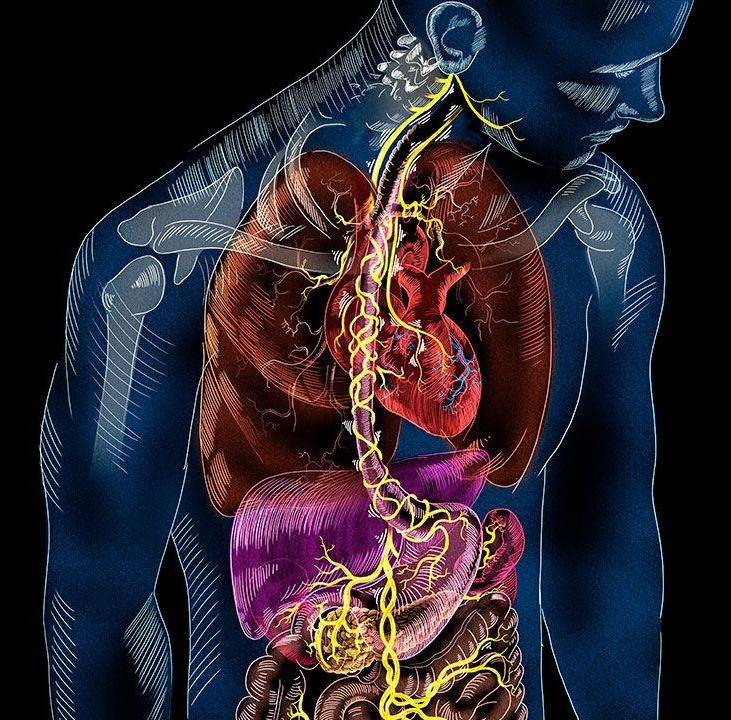The world’s greatest clockmaker sent a clock to the new world, and everything went haywire. The reason why will shock you.





‘One half will be led by the US and the other by China’
The views expressed in the contents above are those of our users and do not necessarily reflect the views of MailOnline.

In addition, they sound way better. Inside the completely wireless earbuds, there’s an 8mm custom dynamic driver that blows other headphones’ sound quality out of the water, and as for battery life, you’ll get three hours of it from these buds on a single charge, and the sleek carrying case holds an extra six charges on top of that.
The Axum Gear True Wireless Earbuds usually retail for $299.99. Great headphones don’t come cheap. For a limited time, though, we’ve found them on sale for an insane $149.99. That’s right: they’re exactly the same price as the AirPods right now. It’s clear who the winner is.
Inverse may receive a portion of sales from the post above, which was created independently from Inverse’s editorial and advertising team.

Technology advancements and cost reductions have driven wind power down to 2 cents per kwh. This is from the annual report released by the U.S. Department of Energy and prepared by Lawrence Berkeley National Laboratory (Berkeley Lab).

Scientists discovered a strange movement deep below the Earth’s surface near California’s biggest fault lines.
Geoscientists who analyzed thousands of small earthquakes that occurred near the San Bernardino basin near California’s San Andreas and San Jacinto faults discovered a strange and unexpected type of movement 10 km below the Earth’s surface.
Researchers think that the movement, known as “deep creep,” could be behind the unusual earthquake formations recorded in the region over the past 36 years.
News Brief: The Japan Aerospace Exploration Agency today launched a robotic cargo ship to the International Space Station, filled with more than five tons of supplies, equipment and experiments. Liftoff of Japan’s H-IIB rocket from the Tanegashima Space Center came at 2:52 a.m. JST Sept. 23 (10:52 a.m. PT Sept. 22). Minutes later, the HTV-7 cargo carrier (also known as Kounotori-7) separated from the rocket, heading for a Thursday rendezvous with the space station. Among the cylindrical craft’s payloads are new hardware to upgrade the station’s electrical power system, an experiment to study protein crystal growth at low temperatures, a life-sciences glovebox and an experimental sample return capsule.
